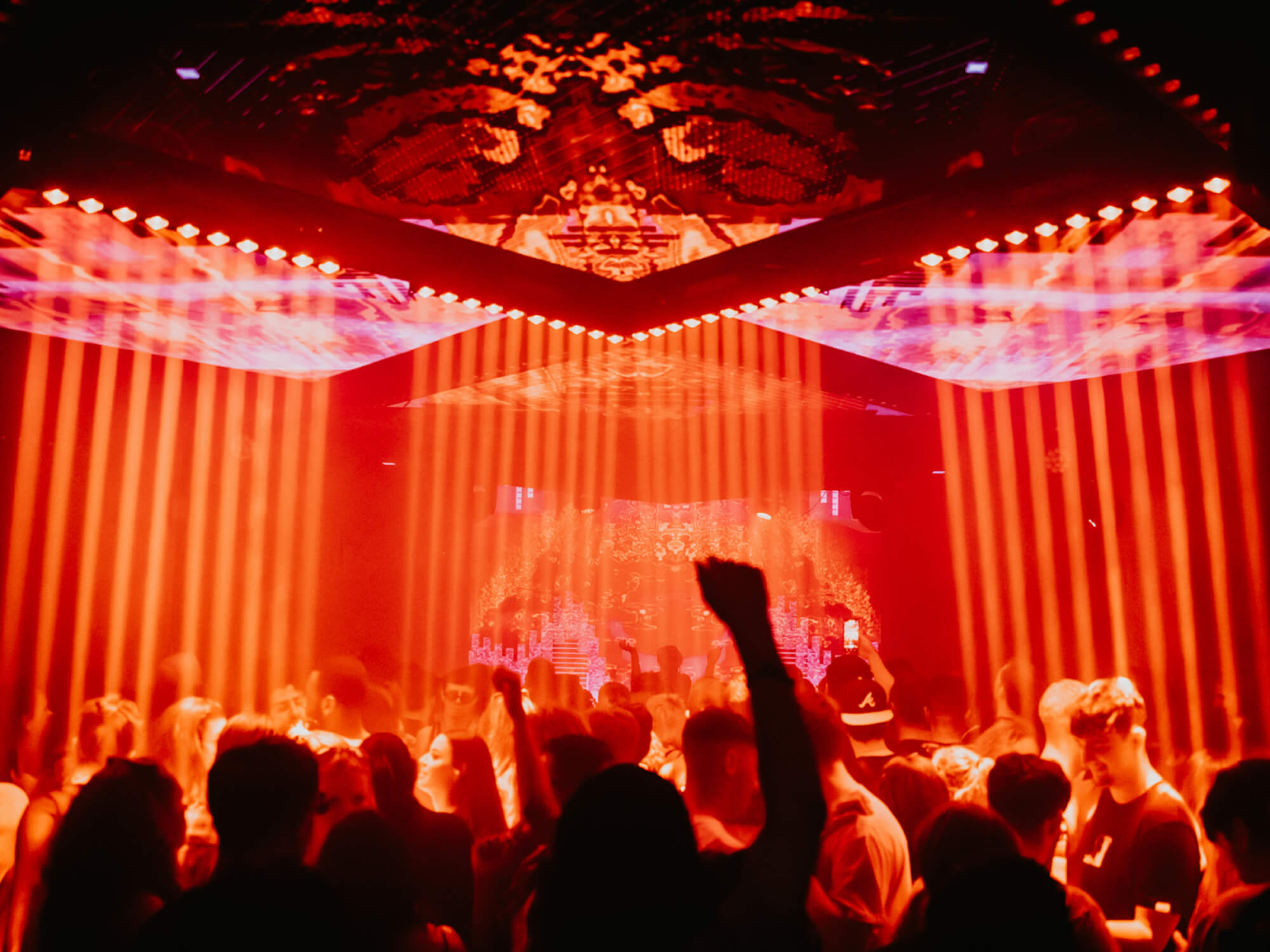London’s E1 club integrates cutting-edge track identification technology to boost artist earnings
Importantly, no details of which DJ played which tracks will be captured, which helps maintain DJ setlist privacy.

Image: E1
London venue E1 is one of the first UK clubs to install KUVO powered by DJ Monitor, a track identification technology that works in the background to capture details of the tracks played, and then compiles the data so that musicians are compensated accordingly.
- READ MORE: Arturia launches new “flagship” interface AudioFuse 16Rig which is “set to challenge” the market
DJ Monitor’s track identification service brings together the strengths of two technologies – direct metadata capture (DMC) technology, and Music Recognition Technology (MRT).
The former allows for the track, artist name, and other metadata to be captured when the technology is activated on DJ setups where Pioneer DJ CDJ-3000 units are present.
The latter, meanwhile, features a music identification process where the audio in a performance is compared to a database of source recordings. A few seconds is all it takes, after which an “audio fingerprint” is created to determine which track is being played.
Over 90 percent of the tracks in DJ sets where the technology is deployed are now identified from a database that currently includes 110 million songs.
In addition, no details of which DJ played which tracks will be captured, which helps maintain DJ setlist privacy – one of the initiatives’ key considerations.
According to stakeholders, the distribution of copyright royalties has been a tough problem to solve for the electronic and underground club scene since day one. Although money is collected through licensing fees for all songs played, not tracking what is played in clubs means artists who are actually played can miss out on their fair share of royalties
The new technology seeks to change all that at E1.
Since 2007, DJ Monitor’s system has been used at festivals like Lowlands, DGTL, and Awakenings. Rights organisations around the globe such as Buma/Stemra in the Netherlands also use the data to compensate the right artists for their music used at those events.
Learn more at e1ldn.